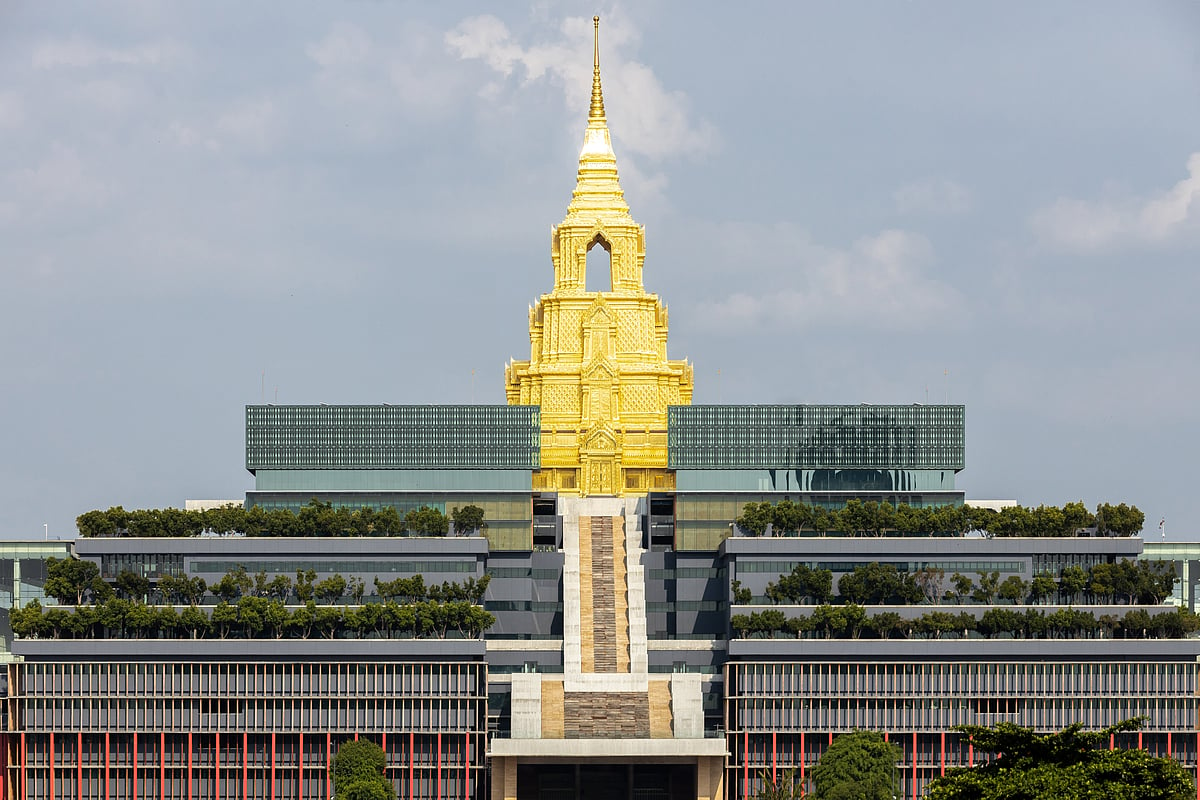Crying, bawling, sobbing, wailing… you name it, and every Indian has had plenty of that, especially in his or her childhood, at least till a few generations back when a good whack was considered an essential tool to discipline a wayward child both in school and at home. As for adults, while women could tear up at the drop of a hat, for men it took a lot of nerve and courage to defy the “mard ko dard nahin hota” (men don’t feel pain) adage and succumb to the emotion. But cry they did, occasionally, and there was always a shoulder nearby offering solace. That was then, when joint families were still the norm even in big cities and metropolises, and neighbours played the part of extended family with aplomb. With passing time, a new social order replaced the old, and vulnerability became a thing of the past and, in the case of men, an impossibility, as it came to be equated with weakness. However, lately a new trend has taken Indian metros, like Mumbai, Delhi, Kolkata, Pune, Bengaluru and Chennai, by storm—cry clubs.
Inspired by Japan’s ‘tear-seeking gatherings’, ruikatsu, and organised by event management companies, these clubs provide what erstwhile families did, a shoulder to cry on but without any judgement, albeit at a cost. What is noteworthy is that it is not just millennials and Gen Z that are thronging these clubs, but people across age groups, genders, and professions are seen to be gravitating to these gatherings. This indicates that, as a society, we have stopped listening to fellow citizens.
In the past couple of decades, with a shift in societal norms which saw nuclear families replace joint family structures in cities and youngsters becoming more career-orientated and opting for solo existence in the metros, the need to toughen up mentally has taken a toll on people’s emotional health, especially the young, and especially in the post-COVID period. Also, rising dependency on technology has increased the screen time exponentially and cut down on person-to-person contact, amplifying the problem.
Ironically, in a country of almost one and a half billion people, the biggest factor contributing to mental health issues, in particular depression, in tier-1 cities and metros is loneliness. According to the World Health Organisation, ‘the burden of depression is 50% higher for females than males, and Indians are reported to be among the world’s most depressed.’ Sadly, it is the rising number of suicide cases that has brought the issue of mental health to the forefront.
A cry club is an eye-opener. It is a call for introspection and is indicative of the fact that all is not well with this society and intervention is required at the earliest. A beginning can be made at the individual level by censoring screen time, encouraging community living, and not stigmatising those who seek professional help. Other than that, a good cry once in a while is recommended.

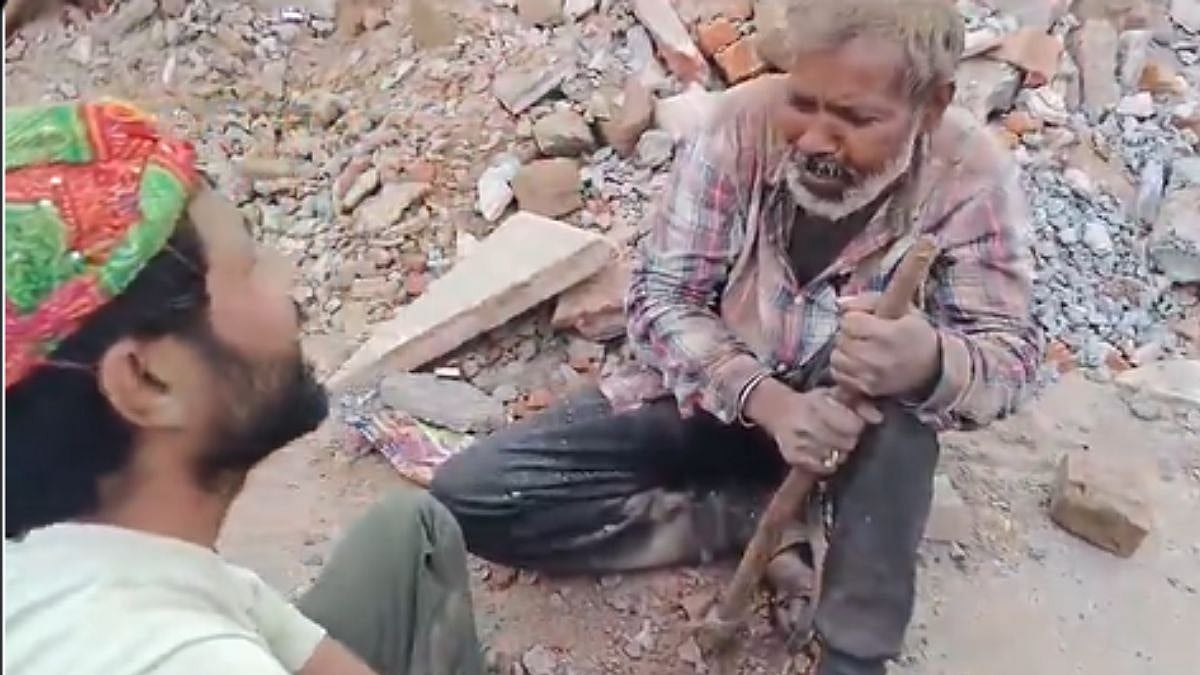
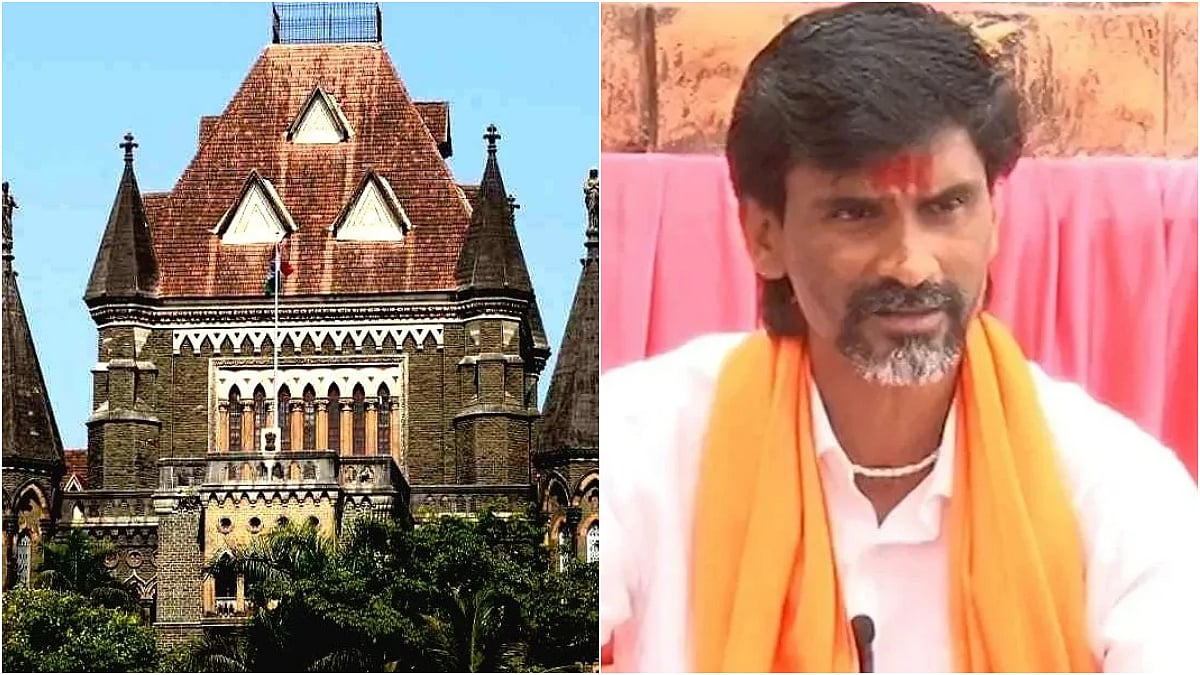
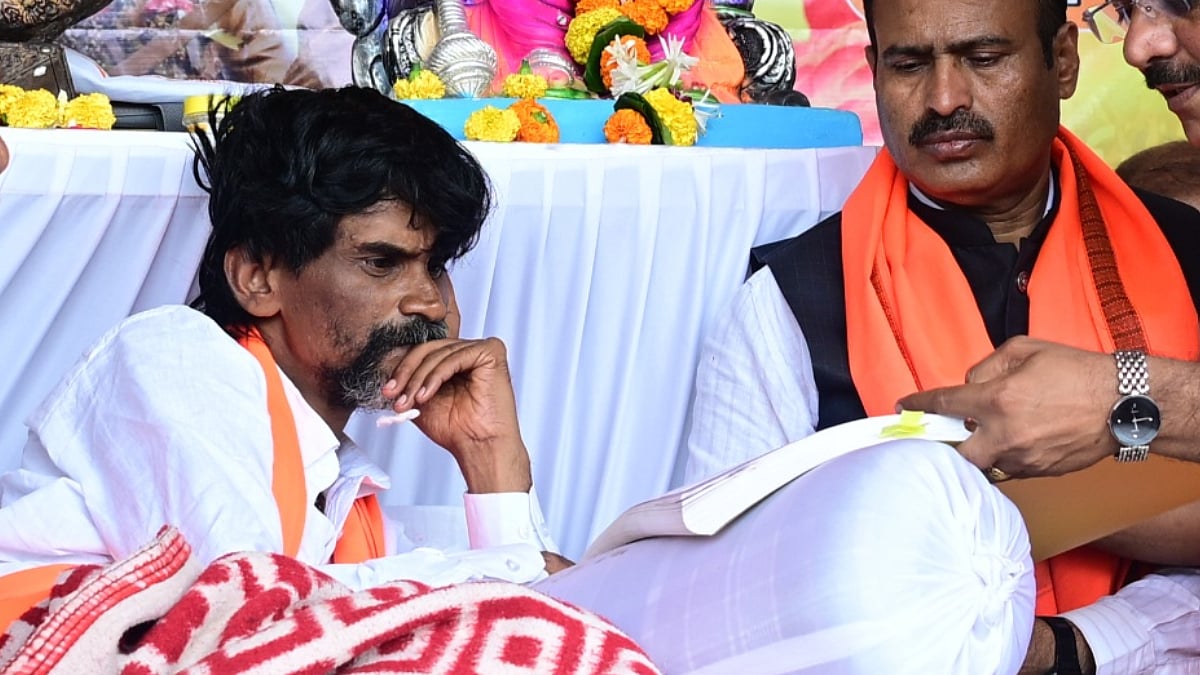
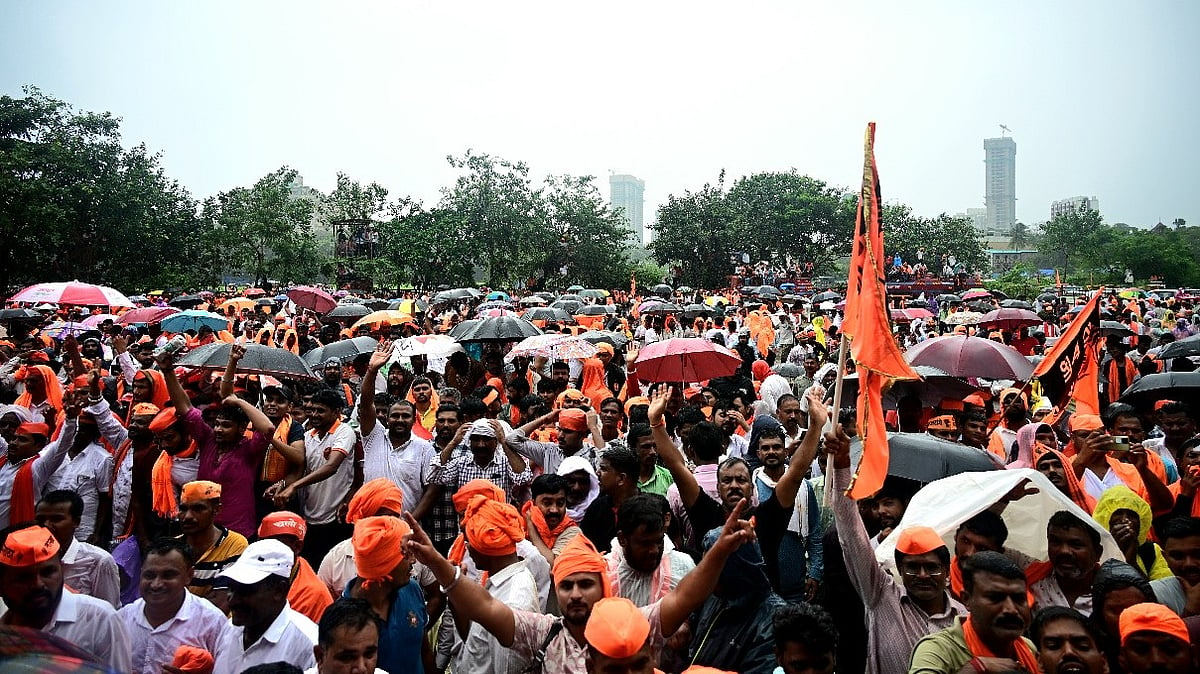
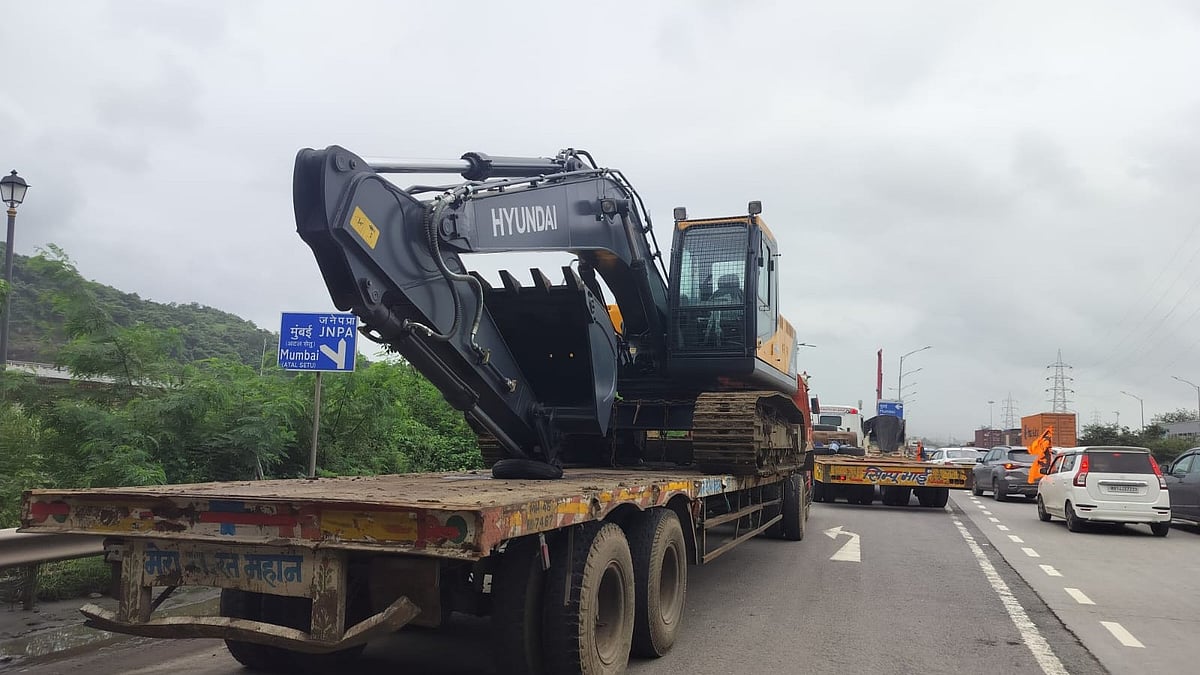

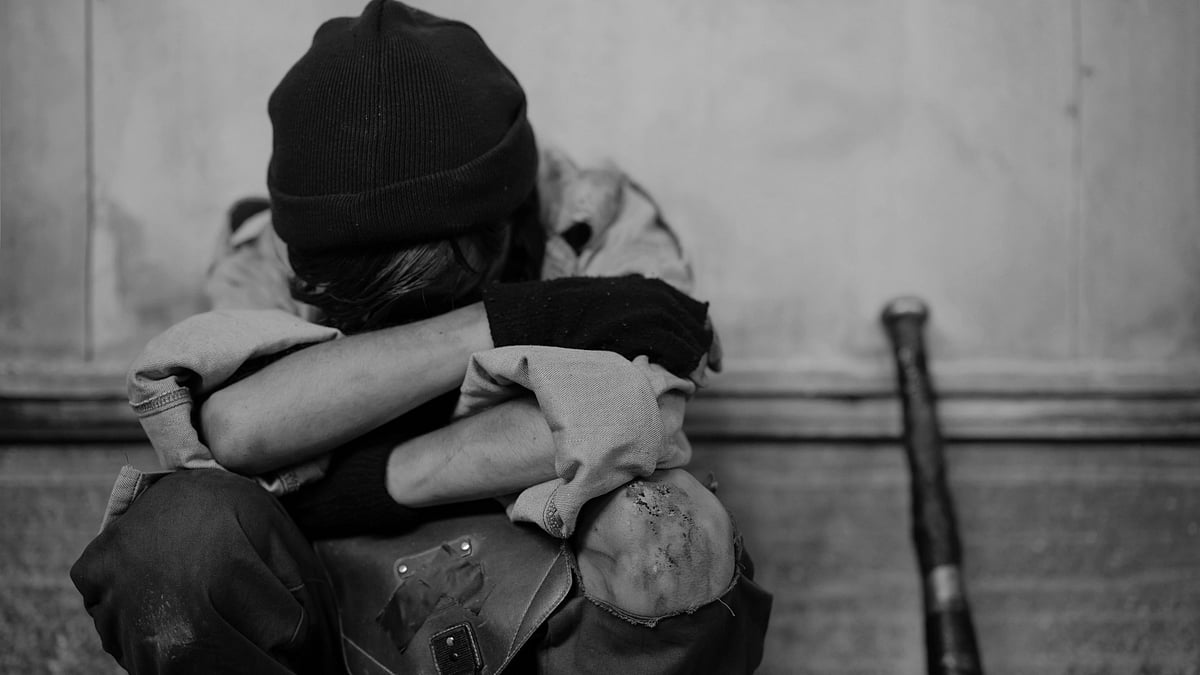
 (1).jpg)

